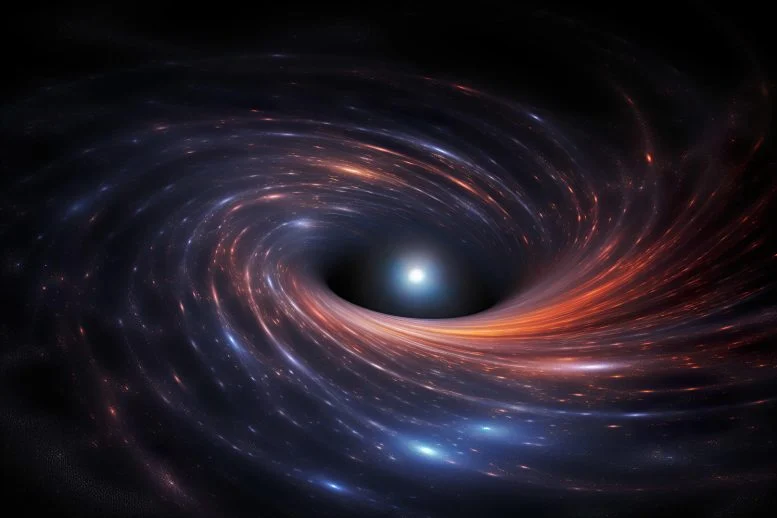Unraveling Cosmic Mysteries: Researchers Discover Potential Cosmic Glitch in Gravity
A breakthrough discovery by researchers at the University of Waterloo and the University of British Columbia sheds light on a perplexing phenomenon at the edge of the universe.
Einstein’s Legacy
For a century, physicists have relied on Albert Einstein’s theory of general relativity to understand gravity’s workings on a cosmic scale. This theory, integral to theories of the Big Bang and black holes, posits that gravity affects not only spatial dimensions but also time.
Challenges at Cosmic Scales
However, when examining gravity on cosmic scales, such as galaxy clusters and beyond, discrepancies emerge. Lead author Robin Wen describes this inconsistency as a “cosmic glitch,” where gravity appears to deviate from Einstein’s predictions, weakening by about one percent over billions of light-years.
Quest for Understanding
Efforts to reconcile these discrepancies have spanned decades, with interdisciplinary collaboration at Waterloo leading the charge. The team’s new model offers a promising solution, modifying Einstein’s equations to accommodate cosmic-scale observations while preserving the theory’s successes.
A New Footnote to Einstein
The modified model serves as a “footnote” to Einstein’s theory, providing crucial insights into gravity’s behavior across vast distances and timescales.
Implications for Cosmology
Niayesh Afshordi emphasizes the model’s significance in unraveling the cosmic puzzle, suggesting it may mark the beginning of a new understanding of gravity’s intricacies.
Publication and Future Prospects
The research, titled “A Cosmic Glitch in Gravity,” is published in the Journal of Cosmology and Astroparticle Physics, offering a pivotal step forward in our quest to comprehend the universe’s deepest mysteries.















































